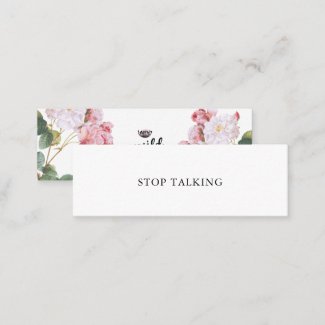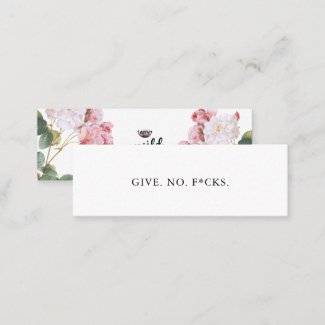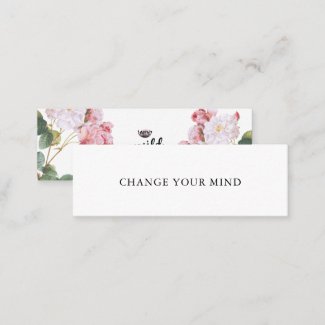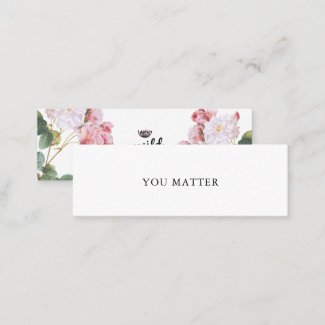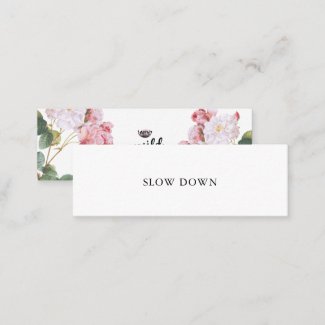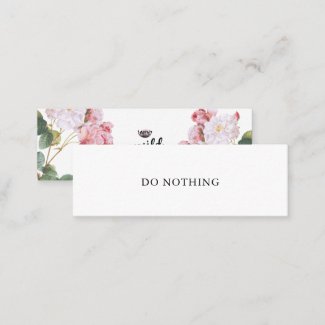
Every morning I start with a long list of Good Intentions…
They are my own wonky and well-meaning commandments to have a good day, without pissing off too many people along the way. By the time my head hits the pillow, I will most likely have broken most of them but I console myself by thinking, “I tried. Maybe I will do better, be a better person tomorrow.”
This morning’s Good Intention was to try and not judge…not myself or others. Judging others, in particular, makes me feel momentarily superior but just as quickly makes me feel sullied and lesser somehow. Who. The. Hell. Am. I. To. Judge?
To help me on today’s no-judging quest I tried to find some evidence-based reasons why judging others is not cool. The research I looked at clearly finds that judging others is not only harmful to the person you are judging but also to yourself.
5 Bloody Good Reasons Not To Judge Others
Here are five evidence-based reasons I found about judging others and why it’s not so great for you:
1. It harms your mental health
When you judge others, you are likelier to experience yucky emotions such as anger, resentment, and hostility. According to a study published in the Journal of Personality and Social Psychology, people who regularly judge others are more likely to suffer from depression and anxiety.
Moral of the story: Don’t be so judgy-judgy because it messes with your head.
2. It damages your relationships
Judging others can create a sense of distance and disconnection between you and the person you are judging, which leads to a strained relationship. A study published in the Journal of Social and Personal Relationships found that people who judged their partners were not as satisfied with their relationships and less likely to trust and confide in their partners.
Moral of the story: Not judging can help your love life.
3. It limits your personal growth
When you choose to judge others, you close yourself off from new experiences and ways of seeing the world. According to a study published in the Journal of Positive Psychology, people who are more accepting and open-minded are more likely to experience personal growth and development.
Moral of the story: Don’t judge and the world will be a bigger place for you.
4. It affects your decision-making
Judging others can lead to biased decision-making, where you make judgments based on preconceived notions rather than objective evidence. A study published in the Journal of Experimental Social Psychology found that people who judged others were more likely to make biased decisions and less likely to consider alternative viewpoints.
Moral of the story: Your judgy-judgy ways actually affect and limit the way you see the world.
5. It goes against your values and what you believe
When you judge others you are violating your moral or ethical principles. According to a study published in the Journal of Personality and Social Psychology, people who judged others were more likely to experience feelings of guilt and shame, which contradicted their values of fairness and compassion.
Moral of the story: Don’t be a judgemental boofhead because you’ll feel like crap in the long run.
Maybe, just maybe remembering these fairly powerful reasons might help me and maybe you to judge a little less today. If we fail, there’s always tomorrow.
I wonder how well we will do today?
“When they judge you, yawn.
When they misunderstand you, smile.
When they underestimate you, laugh.
When they condemn you, ignore.
When they envy you, rejoice.
When they oppose you, prevail.”
Matshona Dhliwayo
xToula

Want to continue to talk to yourself?
I have created a series of Self Talk Cards. They are the things our smarter self tells our stupider self. They come in packs of 100, so they are great for people working with others like school counsellors, mental health workers, support workers and anyone else in the helping profession.
If you do decide to buy you are supporting a woman in a small business. Bless. Your. Bits!

